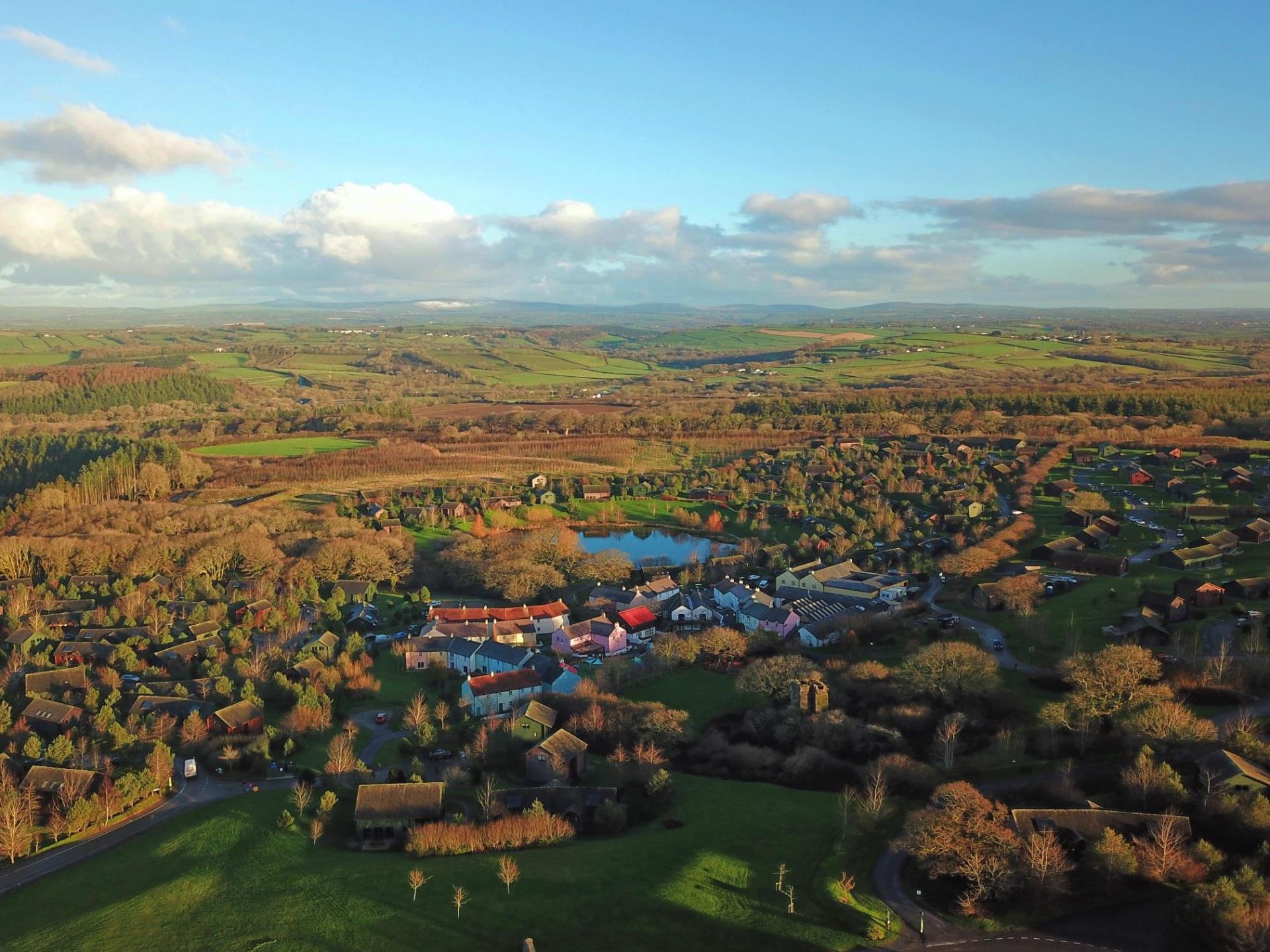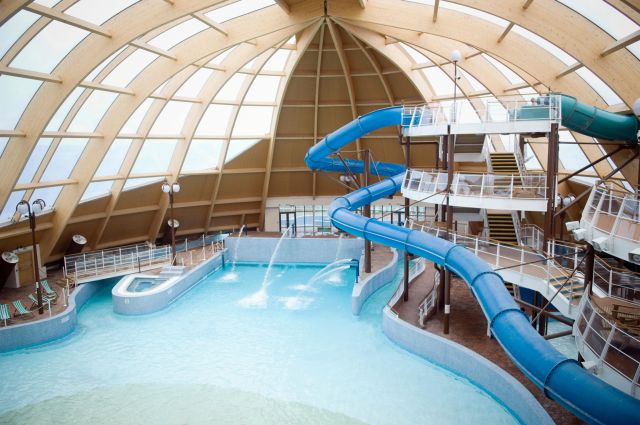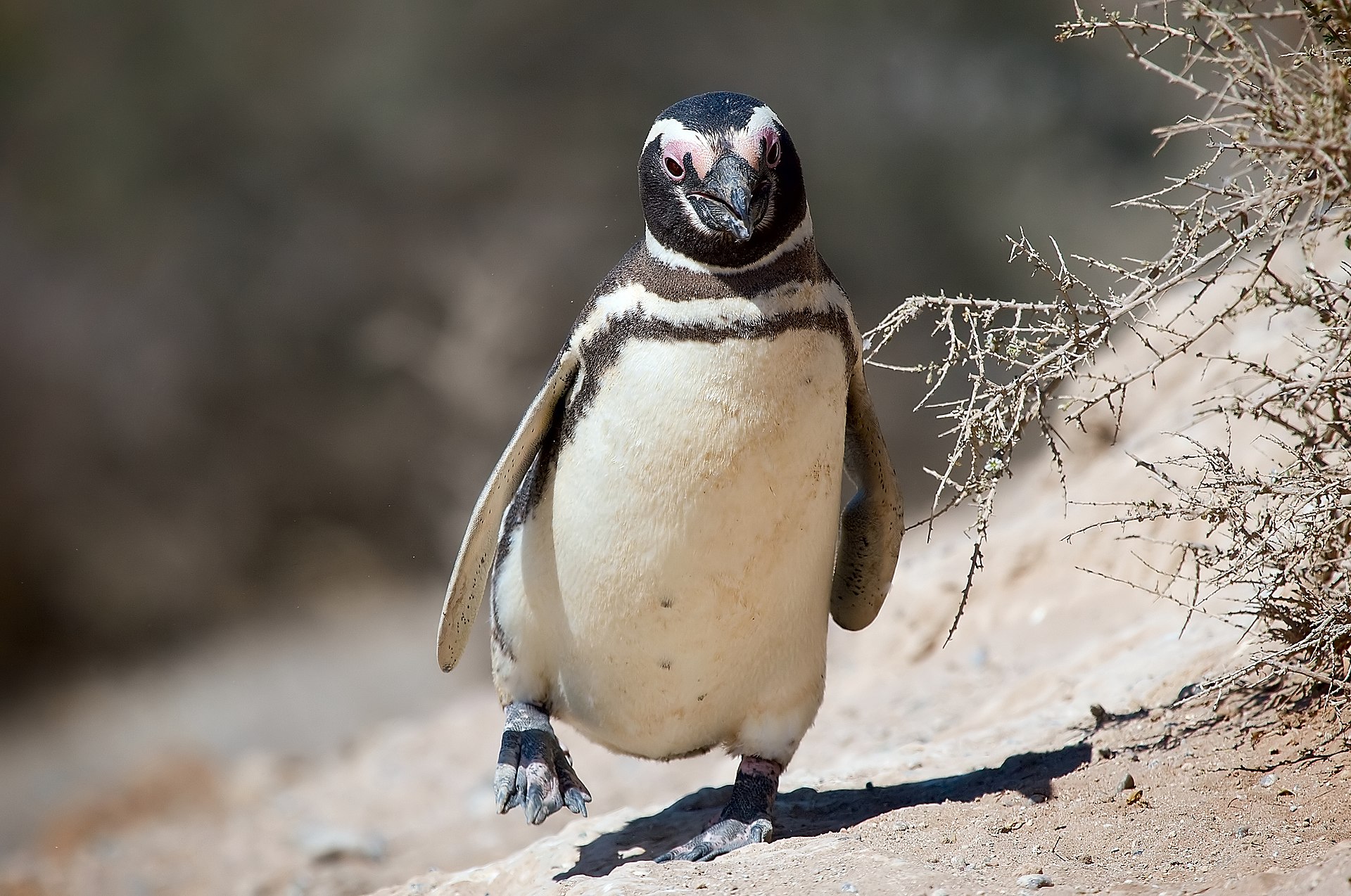Sustainable travel - can Welsh tourism lead the way?
Published: 18 Jan 2023

Wales is home to over 600 castles, three national parks and four UNESCO World Heritage Sites. The spectacular views, from mountains to coastline, draw people from all over the world to appreciate the beauty of this small, but extraordinary nation.
Tourism hugely contributes to the Welsh economy, with visitors spending around £17 million a day, equating to around £6.3billion in GDP each year.
This supports over 172,000 jobs (directly and indirectly) – contributing to over 10% of all jobs in Wales.
Sadly, climate change poses a threat to the tourism industry, not only directly in terms of extreme temperatures and meteorological changes, but indirectly through impacts such as biodiversity loss, coastal erosion, and water availability.
However, the tourism industry contributes to the very issue that it is becoming increasingly vulnerable to – climate change. On a global scale, tourism is responsible for around 8-11% of the world’s greenhouse gas (GHG) emissions, which is a vast figure when you consider the other possible sources that generate emissions (more information).
While a huge proportion of these emissions are due to transport (flights, boats, cars etc), many other factors contribute to the high levels of CO2 seen in the chart below. In fact, global studies have suggested that tourism-related emissions could increase to over 300% by the end of the century.

Tourism provides an excellent opportunity for decarbonisation and to be a catalyst for change. The Glasgow Declaration was launched at the COP26 UN Climate Change Conference which sets out a plan for the tourism sector to adhere to the global commitment of halving emissions by 2030 and ultimately achieving net zero by 2050 (find out more). Pre-pandemic figures saw 37.9 million overseas visitors arrive to the UK, making it the seventh most popular destination in the world.
The COVID-19 pandemic saw a 7% reduction of global GHG emissions in 2020, but CO2 emissions from tourism are expected to increase by 25% by 2030, against the current ambition scenario. As the tourism sector is highly susceptible to climate change but at the same time hugely contributes to it, climate action within this sector is clearly of utmost importance.
Wales
So, what is currently happening in Wales when it comes to sustainable tourism?
Wales already holds a unique position when it comes to sustainable development. It is the only country to date to enshrine this in legislation under The Well-being of Future Generations Act 2015, which requires public bodies to think about the long term impact of their decisions on future generations. The seven goals of this Act (A Prosperous Wales; A Resilient Wales; A Healthier Wales; A More Equal Wales; A Wales of Cohesive Communities; Wales of Vibrant Culture and thriving Welsh Language; A Globally Responsible Wales) are relevant to the future of the tourism industry as it puts legal obligation on public bodies to adhere to policy development, planning and strategic thinking (more information).

Keep Wales Tidy run an accreditation scheme called The Green Key, encouraging sustainability in the tourism and hospitality industries. The four main benefits of this scheme include a recognised eco-accreditation guiding businesses to make the best environmental choices for their individual business, providing sustainable accommodation for visitors, commercial savings by appealing to an emerging market and financial savings through initiating sustainable behaviours.
Places of interest include attractions, campsites, holiday parks and hotels.
As the demand for eco-conscious tourism grows, the Green Key scheme allows businesses to work with this emerging market whilst implementing positive environmental changes that benefit the environment, the visitor AND the business. Seems like a win-win-win!
Let’s look at a couple of places in Wales that hold the Green Key accreditation.
Minfford Holiday Park, Anglesey
Minfford Holiday Park in Anglesey has been awarded the David Bellamy Gold award for 10 consecutive years. This conservation award is granted by wildlife experts to parks that make an active contribution to protecting Britain’s natural environment. Certain criteria include suitable land management for the benefit of wildlife, reduction in resources such as energy in water, reduced waste and a support for local communities.
Minfford are a great example of this approach, as the site relies on solar energy, prioritises recycling facilities, and supports the local community with wildflower planting and encouraging pollinators all whilst minimally impacting the area.
Bluestone Holiday Resort
Bluestone Holiday Resort in Pembrokeshire covers 500 acres of land. The site bought the adjacent area of Planted Ancient Woodland which was due to be cleared by the Forestry Commission in 2003. They have managed to rehabilitate habitats, build new ones and encourage a healthy array of biodiversity back to the once depleted area. Resources have been specifically catered to make them more efficient, resulting in less than 1% of waste being sent to landfill. The food waste from the site is anaerobically digested locally at Asguard Renewables in Cardigan. This creates methane which is then used to generate electricity to the National Grid, and slurry which is used as soil fertiliser by local farmers.
Community partnerships are also highly encouraged, with old items being upcycled or reused, via organisations such as Value Independence, encouraging people to gain new skills whilst maintaining a circular approach. Rainwater is collected and redirected to their attenuation pond, where it is UV treated to be used for watering trees across the resort. While the site does still use some fossil fuels for power, the two main forms of energy are electricity and biomass. The electricity energy supply is also REGO-backed, meaning the energy is matched from a zero carbon renewable source within the UK.

The on-site waterpark ‘Blue Lagoon’ being powered from biomass, saves around 1300 tonnes of CO2e every year, as opposed to an oil-based energy product. The site has also taken it upon themselves to develop a ‘Free Range Future’ movement, encouraging projects and initiatives that benefit the community and environment, partnering with other organisations such as Surfers Against Sewage and Pembrokeshire Nature Partnership.

The Roost
The Roost in Merthyr Tydfil is a small self-catering cabin site that offers an ‘electric-only’ energy system. One thing we’re certainly not short of in Wales is rain, and this site aims to harness it. Rainwater is collected and stored in big tanks which are used on-site to flush toilets and water the garden. LED lights are triggered via motion sensors to ensure minimal electricity wastage and the Wi-Fi controlled heaters cut out if they are left on.

The site has planted native hedging and trees and advocate a ‘no mow’ policy to encourage biodiversity. Ongoing plans are underway to install solar panels and battery storage as well as Electric Vehicle (EV) charging points. Bikes are widely encouraged and you can even use the collected rainwater to give your tyres a good scrub!
These are just a few examples of sites across Wales with Green Key accreditation – more can be found on this map.
From smaller B&Bs to bigger resorts it shows that with the right incentives and support, a more sustainable approach to tourism is not only achievable but also a huge draw to like-minded visitors.
According to research from 2018, 87% of travellers stated that they want to travel more sustainably, but only 39% said that they manage to keep it sustainable, highlighting the need for incentivised initiatives from businesses and the tourism sector itself.
A major obstacle is the cost of making eco-tourism accessible, with 42% of people finding sustainable travel more difficult due to extra costs. The demand for sustainable tourism is obvious and continues to grow in popularity. By 2027, the ecotourism industry is expected to reach $33.8 billion worldwide.
Across the globe, ecotourism has been steadily bubbling away and the benefits of have proven incredibly advantageous to certain regions. Let’s look at a few examples of how transformative this can really be.
Learning from Costa Rica
The Osa Peninsula in Costa Rica is one of the world’s most remote destinations, yet it is one of the top visitor attractions in the country.

This biologically rich area is supposedly home to more than half of Costa Rica’s animal species, whilst simultaneously being a haven for eco-tourism. Data was collected throughout this region to assess the effects of ecotourism and the opportunities that it provides. Eco-tourism is responsible for most of the employment, providing higher incomes and is a major contributing factor when it comes to resident’s quality of life.
Local people own a substantial chunk of the ecolodges, with many putting funds back into local communities for conservation and development needs such as environmental education, recycling initiatives, tree-planting campaigns, health clinics, and local conservation programs. Ecotourism seemingly acts as a vital link to community services and access health care.
Local employment not only provides the financial benefits which supports conservation of the area, but employment also contributes to a sense of community and place, in turn pushing positive attitudes towards conservation. People have become more sensitive to the need for protecting these areas thanks to ecotourism, and it is a much-preferred industry to the other extractive practises in the region (timber, gold mining, plantation agriculture etc). Find out more
Threatened species

As well as benefiting human communities, ecotourism has directly resulted in the survival of threatened species.
Protected areas in Patagonia, Argentina, New Zealand, Australia, and South Africa provide a vital refuge for vulnerable penguin colonies, where thousands of visitors come each year to support their existence. Often, these safe spaces are monitored for human disturbance, and it is thought that at least for over half of the red-listed mammal species, 5% of wild individuals directly rely on tourism for survival.
As appealing as destinations further afield are, many of us are becoming increasingly conscious of our carbon footprint. This provides Wales with the perfect opportunity to invest in ecotourism much closer to home. Wales already ranks highest on the list of ‘Most Eco-Friendly Country Escapes in the UK’, with unmatched national parks, recycling initiatives and even vegan food options.
What we'd like to see
We would like to see the Welsh Government, and all other relevant bodies in Wales, work alongside the tourism industry in delivering a comprehensive net zero climate strategy, ensuring that the tourism industry plays an active role in reducing its own climate emissions, while using this opportunity to position Wales as a destination for eco-conscious visitors. Looking forward into 2023, it would be great to see more Welsh tourism attractions and venues qualifying for the Green Key award.
Ecotourism, if implemented correctly, can create a positive feedback loop between tourism and conservation.
So dewch ymlaen, Cymru! Let’s be the leaders in creating a haven for sustainable travel, whilst benefitting our local communities and biodiversity.

